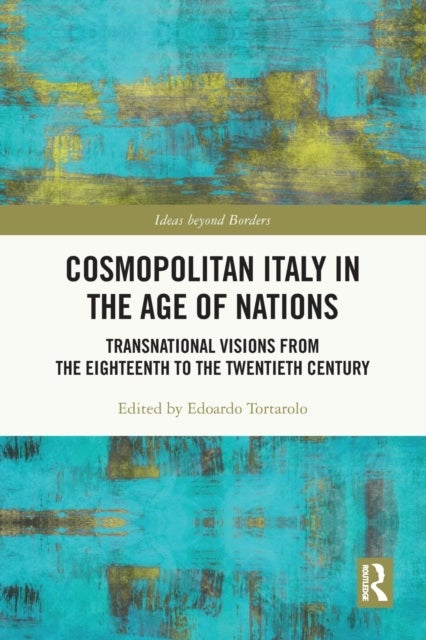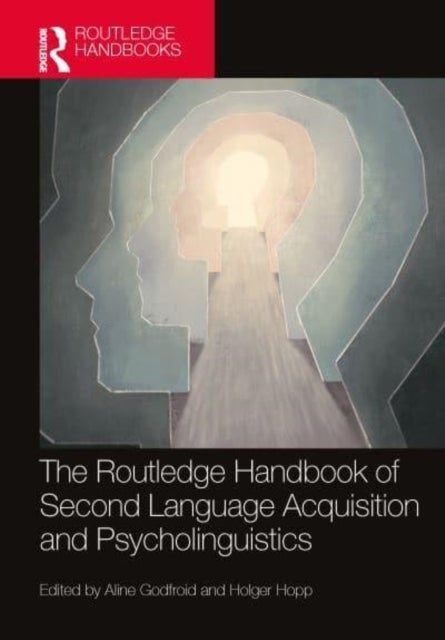
Exploring Videogames with Deleuze and Guattari av Ciara (University of Auckland New Zealand) Cremin
749,-
<P>Videogames are a unique artistic form, and to analyse and understand them an equally unique language is required. Cremin turns to Deleuze and Guattari¿s non-representational philosophy to develop a conceptual toolkit for thinking anew about videogames and our relationship to them. Rather than approach videogames through a language suited to other media forms, Cremin invites us to think in terms of a videogame plane and the compositions of developers and players who bring them to life. According to Cremin, we are not simply playing videogames, we are creating them. We exceed our own bodily limitations by assembling forces with the elements they are made up of. The book develops a critical methodology that can explain what every videogame, irrespective of genre or technology, has in common and proceeds on this basis to analyse their differences. Drawing from a wide range of examples spanning the history of the medium, Cremin discerns the qualities inherent to those regarded as classic








